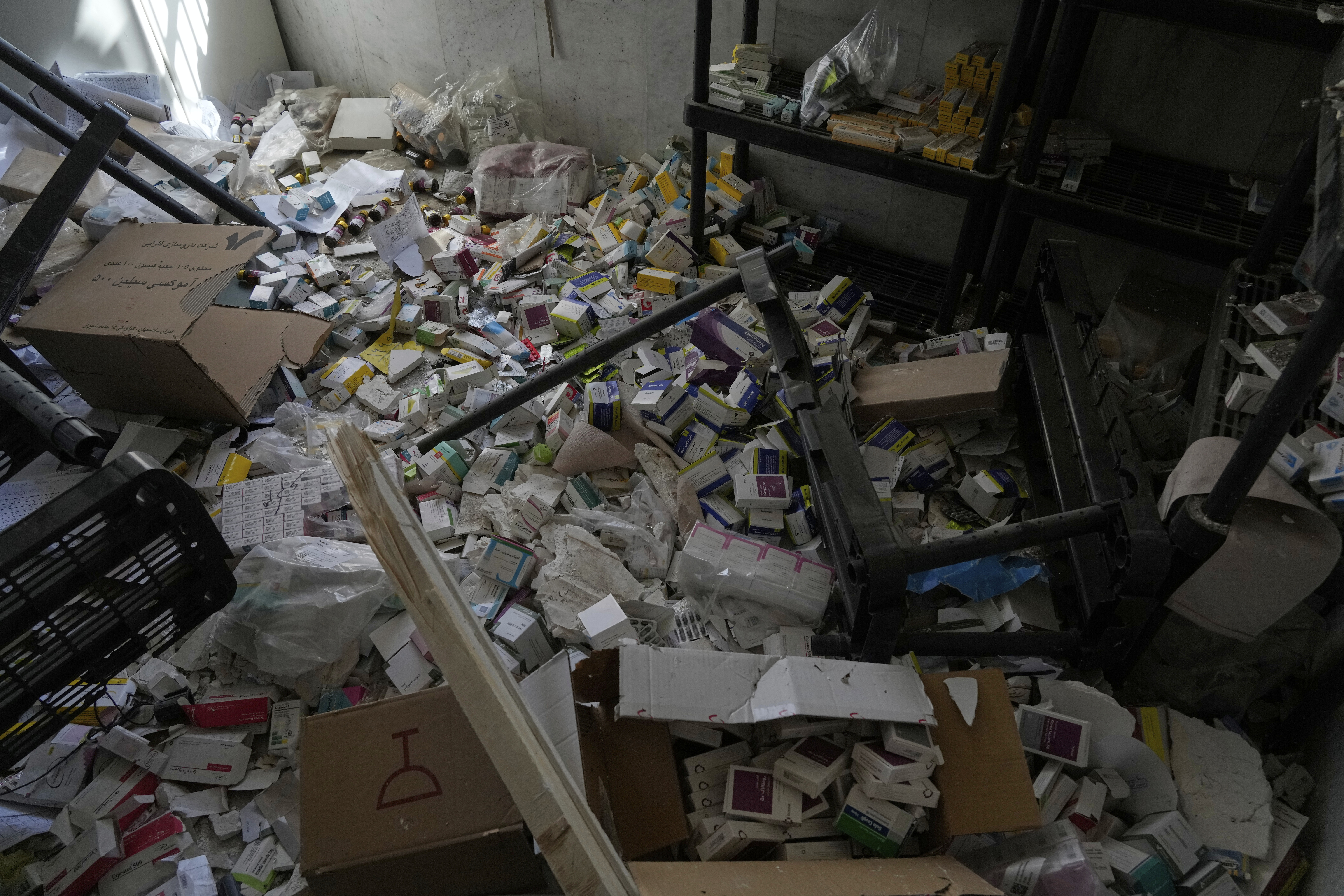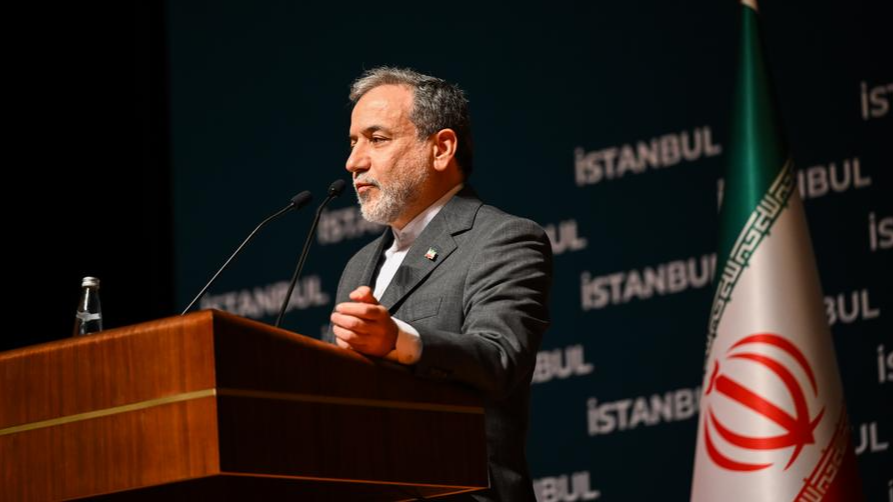
TEHERAN - Iran's top military commander on Sunday questioned Israel's commitment to a recently agreed ceasefire following 12 days of fighting, warning that Teheran was prepared to respond forcefully to any renewed aggression, according to the semi-official Tasnim news agency.
Abdolrahim Mousavi, chief of staff of the Iranian Armed Forces, made the remarks during a phone call with Saudi Defense Minister Prince Khalid bin Salman, as the two discussed the conflict involving Iran, Israel, and the United States.
"We have serious doubts about the enemy's adherence to the ceasefire," Mousavi said. "If aggression is repeated, we are fully prepared to respond decisively."
He accused Israel and the United States of launching attacks on Iran despite what he described as Tehran's restraint, including during indirect nuclear talks with Washington.
Saudi Arabia's defense chief condemned "aggression" against Iran and said Riyadh had made efforts to help end the conflict, according to Tasnim. The two sides also agreed to maintain consultations aimed at improving bilateral ties and promoting regional stability.
Separately, Iran's deputy foreign minister for political affairs, Majid Takht-Ravanchi, said Tehran had not scheduled any meeting with US officials, rejecting recent claims by US President Donald Trump of upcoming nuclear talks, state media reported.
Speaking at the close of a NATO summit earlier this week, Trump said US and Iranian officials would meet the following week to discuss a possible nuclear deal.
ALSO READ: Iran holds funeral for commanders, scientists killed in Israeli strikes

Initiators of 'aggressors'
Also on Sunday, Iranian Foreign Minister Seyed Abbas Araghchi called on the United Nations Security Council (UNSC) to recognize Israel and the United States as the initiators of the "aggression" against Iran.
In a letter addressed to UN Secretary-General Antonio Guterres and UNSC President Carolyn Rodrigues-Birkett, Araghchi urged the Council to fulfill its responsibility in maintaining international peace and security, according to the official IRNA news agency.
He accused Israel of deliberately targeting residential buildings, civilians, and civilian infrastructure, describing the attacks as a "flagrant breach" of the UN Charter and a "blatant violation" of international law.
Araghchi said Israel and the United States had also targeted Iran's nuclear facilities -- safeguarded by the International Atomic Energy Agency (IAEA) -- in "grave violation of the UN Charter, the Non-Proliferation Treaty, as well as the IAEA's instruments and resolutions."
The Iranian foreign minister emphasized that the UNSC should hold the "aggressors" accountable and act to prevent the recurrence of such "crimes."
ALSO READ: Trump says he would bomb Iran again if provoked
71 killed in Israeli strike
At least 71 people were killed in an Israeli strike on Evin Prison in the Iranian capital Tehran last week, Iran's judiciary announced on Sunday.
The victims of the June 23 attack included prison staff, conscripts, jailed convicts, visiting family members, and residents of nearby buildings, the Mizan news agency quoted judiciary spokesman Asghar Jahangir as saying.
Jahangir said that by its "terrorist and brutal" attack on the prison, Israel once again proved its lack of commitment to international law. He noted that the sections of the infirmary, technical and engineering division, and the visitation area in the prison complex were also targeted
He branded the attack as an "all-out crime," saying that the nearby buildings had sustained heavy damages and their residents suffered severe injuries.
On June 13, Israel launched major airstrikes on different areas in Iran, including nuclear and military sites, killing senior commanders, nuclear scientists and many civilians. Iran responded by launching several waves of missile and drone attacks on Israel.
After 12 days of fighting, a ceasefire between Iran and Israel was reached on Tuesday.


